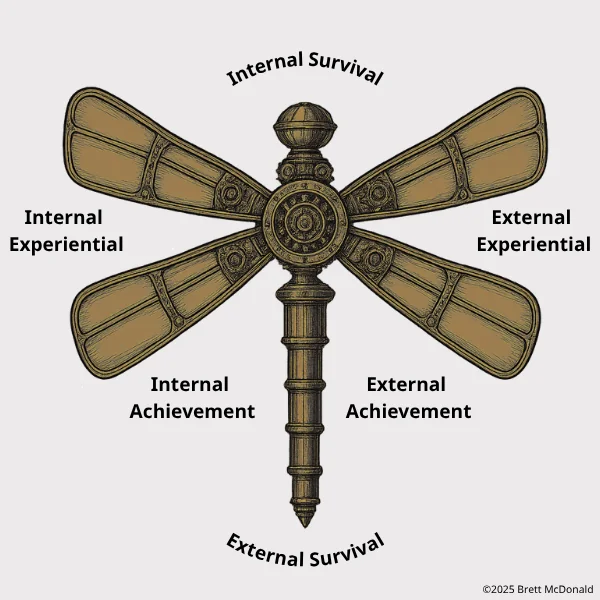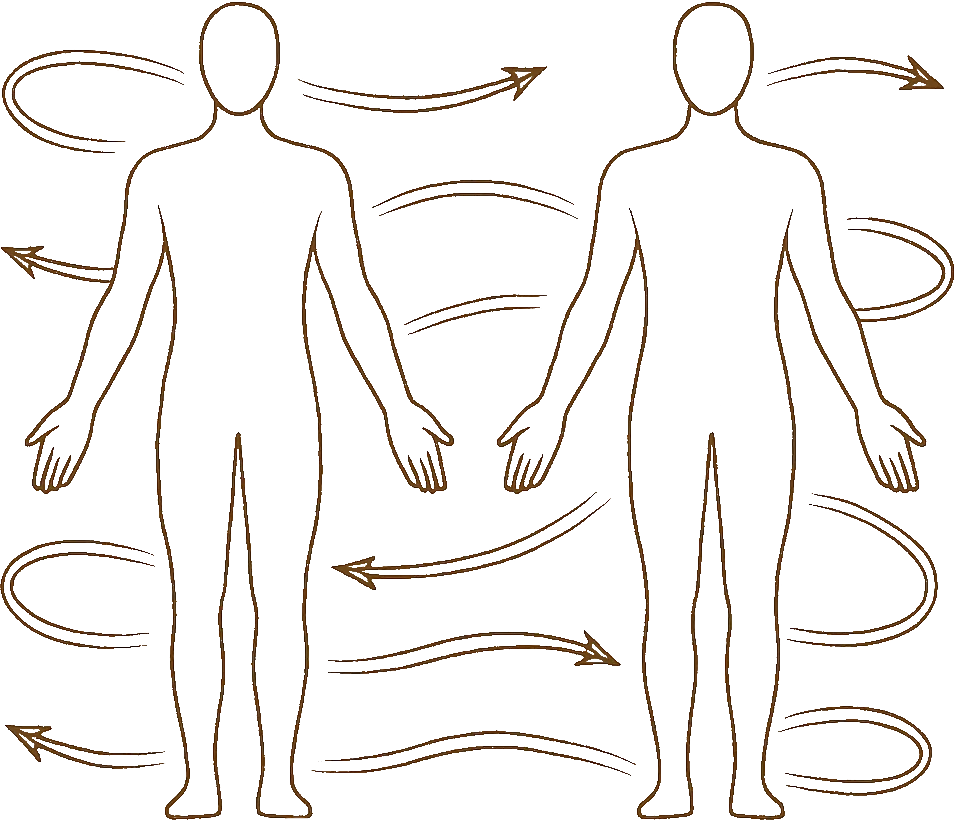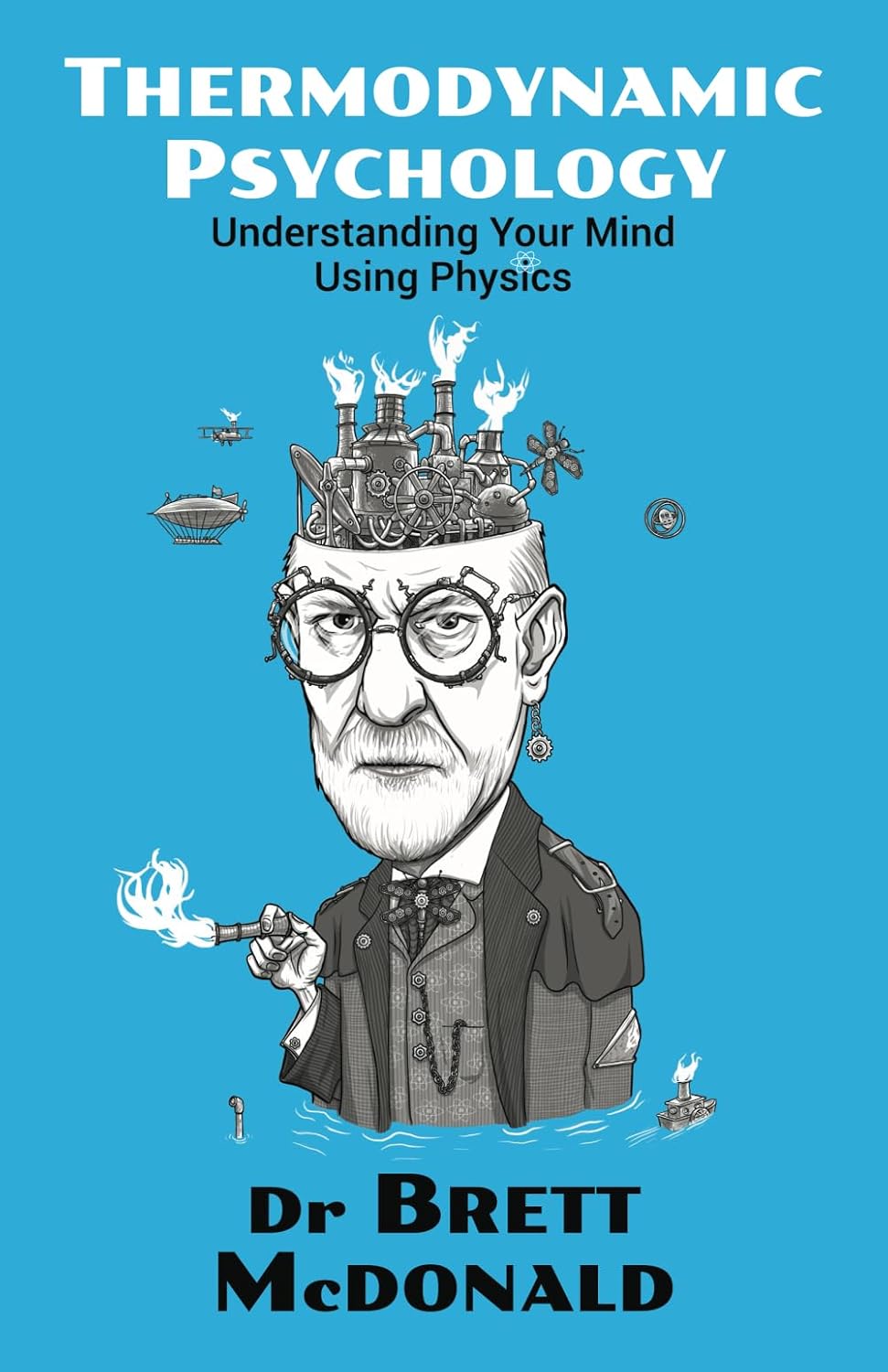The mind has one purpose. That purpose is to make you interact with your environment in a way that fulfills and protects your needs. The human need system is called THE AXIA; it includes six categories of need, in an open energy system.
These human needs are Survival, Achievement, and Experiential—both internal and external. AXIA is a practical human-needs framework you can use to understand motivation, balance energy, and support well-being for yourself and others.





